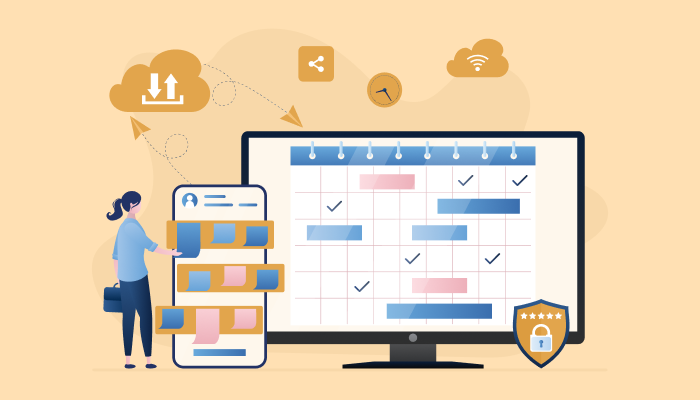In a noisy world full of criticism, distractions, and toxic input, keeping your mind clear is a skill—and a survival tactic. One of the most underrated tools? Indifference.
Ben Courson is a respected voice in the conversation around mental health and resilience. As a speaker, author, and hope advocate, his work reaches audiences who are tired of shallow self-help and are looking for practical ways to feel better, think clearer, and live more freely. In his talks and writings, he shares simple tools for building mental toughness—including how to deal with what he calls “psychic enemies.”
Let’s unpack what that means—and how you can use indifference to take your power back.
What Are Psychic Enemies?
Psychic enemies are mental intrusions that block peace. They come in many forms: toxic relationships, guilt from the past, jealousy, regret, internet comments, harsh feedback, and even our own self-talk.
These enemies don’t punch or push. But they weigh down your thoughts, take up space in your mind, and burn your emotional energy.
“I used to overthink one rude comment for days,” Courson once said. “Then I realised—not every voice deserves my response. Some deserve my silence.”
Psychic enemies are distractions that pretend to be important. Most of the time, ignoring them is the smartest response.
Why Indifference Works
Indifference isn’t laziness. It’s mental discipline. It means choosing where your energy goes. Not everything deserves your full attention.
Studies show we get over 60,000 thoughts a day—many of them negative. If you engage every one, you’ll burn out fast. Indifference helps you screen out the noise.
According to a University of Michigan study, people who ruminated on negative thoughts showed higher cortisol levels and lower cognitive function. In short, when you feed your psychic enemies, they multiply. But when you ignore them, they lose power.
How to Eject a Thought That Doesn’t Belong
1. Label It Fast
When a toxic thought enters—name it. “This is guilt.” “This is envy.” “This is fear of missing out.”
Don’t debate it. Don’t justify it. Just name it, then let it go.
“When I start spiraling,” Courson explains, “I call it what it is. I tell myself, ‘That’s not helpful.’ And I move on.”
2. Ask: Is This Useful?
If a thought won’t lead to action or peace, it’s not worth your time. Mental clarity starts with pruning. Drop the junk.
3. Change the Channel
Don’t sit in bad thought loops. Get up. Change rooms. Do jumping jacks. Call a friend. Walk your dog. Interrupt the pattern fast.
Indifference Is a Power Move
Indifference isn’t about being cold. It’s about being clear. It says: “My peace is too expensive to rent to nonsense.”
This mindset has ancient roots. Stoics like Epictetus talked about “apatheia”—not feeling nothing, but feeling only what’s worth it. In other words, a quiet mind is a powerful mind.
“When I stopped trying to fix every bad vibe, I got free,” Courson shared during a Q&A session. “I learned that ignoring negativity isn’t weakness. It’s strength with direction.”
Dealing With People Who Trigger You
Psychic enemies aren’t always just thoughts. Sometimes, they’re real people.
What to Do:
- Don’t argue. Protect your peace.
- Set hard limits. That might mean muting, unfollowing, or blocking. It’s not rude. It’s smart.
- Don’t match their energy. Control yours.
- Choose your audience. Not everyone deserves your updates.
You’re allowed to eject people who bring chaos. And you don’t need to explain yourself.
Stats That Back It Up
- 56% of adults say they’re mentally exhausted by social interaction, according to a survey from the American Psychological Association.
- Over 70% of workers say they’re distracted by negative co-workers (CareerBuilder).
- People who practise mental filtering techniques report 22% fewer anxiety symptoms (Mindfulness Research Monthly, Vol. 11).
Indifference isn’t just a vibe. It’s a mental wellness strategy.
The Power of “So What?”
A quick tip that works wonders: when a petty thought or criticism hits you, say, “So what?”
Someone doesn’t like you? So what.
Someone outpaced you on a goal? So what.
You made a mistake last year? So what.
This tiny phrase stops the spiral and shrinks the psychic enemy back to size.
“I used to feel wrecked by one troll comment,” Courson admits. “Now I think—‘So what? That’s one dude with Wi-Fi and time.’ And I move on.”
Practise Indifference Like a Skill
Indifference is not something you’re born with. It’s a habit you train. Here’s how:
- Start small. Don’t reply to that annoying message.
- Journal it. Write out what you’re feeling. Then close the book and walk away.
- Reward distance. When you let something go, celebrate it. Say out loud, “That was a win.”
- Use the “one-minute rule.” If you wouldn’t care in a year, don’t spend more than one minute caring now.
The more you do it, the easier it gets. Indifference isn’t numbness. It’s sharp clarity.
Final Word: Keep What Lifts You
Psychic enemies don’t just live in your mind. They rent space in your time, your mood, and your confidence. Eject them.
Indifference is the key that locks the door behind them.
As Ben Courson says, “You’re not here to babysit bad thoughts. You’re here to build something better.”
So stay focused. Keep your peace. And if it doesn’t serve your purpose, hit eject.





